Wise Ancestors is proud to announce that we will have a presence at the upcoming International Union for Conservation of Nature (IUCN) World Conservation Congress in Abu Dhabi from October 9–13th in Booth #107. Scroll down to see which members of our team will be in attendance.
While we look forward to sharing our approach to biodiversity conservation in the age of the sixth mass extinction, our presence at IUCN Congress 2025 is about more than this. It’s about listening, learning, and building meaningful relationships to help power Indigenous & Local Community-centered biodiversity conservation that utilizes genome science, traditional knowledge systems, and an equitable, decentralized approach.
Our Thoughts Ahead of IUCN Congress 2025
We strongly encourage all voting members of the IUCN to hold the rights, beliefs, and cultures of Indigenous and Local Communities top of mind when considering and voting on this Congress’ +130 motions. This includes addressing ethical considerations such as free, prior, and informed consent and data sovereignty before research applications are considered.
We are hopeful Indigenous communities’ concerns and demands will be heard and respected throughout the entire IUCN Congress 2025. Given the World Summit of Indigenous Peoples and Nature will be occurring as a part of the IUCN World Conservation Congress 2025 from October 8-10th with more than 100 Indigenous leaders from across the world gathering, we hope the entire IUCN body will acknowledge and respect all forms of traditional knowledge systems, and strive to implement them in partnership with Indigenous and Local Community leaders.
For those who are unfamiliar with the IUCN, here’s an overview:
The IUCN was founded in 1948 as the world’s first global environmental union, which brought governments and civil society together with a shared goal to protect nature. Since 1996, the IUCN has met every four years. Each IUCN gathering consists of formally proposing, debating, and voting on motions to help set global conservation goals. If approved, they become either Resolutions, which guide IUCN’s own work, or Recommendations, which urge action by governments, agencies, and other institutions. While these motions are not legally binding, they carry the weight of one of the world’s largest and most diverse conservation networks.
The power of IUCN motions lies in their ability to shape global policy and practice. Past motions have led to the creation of the IUCN Red List of Threatened Species, strengthened protections under international treaties such as CITES, and advanced recognition of Indigenous Peoples’ rights in conservation. Governments often use these Resolutions and Recommendations to inform their national laws and biodiversity strategies, while NGOs and community organizations cite them to unlock funding and mobilize local action.
In this way, IUCN motions serve as a catalyst for real-world change. They amplify collective priorities, spotlight urgent issues like species extinction and ecosystem loss, and create pathways for collaboration across sectors. Most importantly, they provide a platform where Indigenous and local voices can influence conservation decisions at a global scale. Even without the force of law, IUCN motions stand as powerful tools for advocacy, agenda-setting, and building the momentum needed to protect the planet’s biodiversity.
Over the decades, IUCN has grown into a network of 1,400+ member organizations and more than 15,000 scientists and experts, making it one of the largest and most authoritative voices for biodiversity on the planet.
Wise Ancestors Team Attending IUCN Congress 2025
Katie Jones, Community Engagement Director
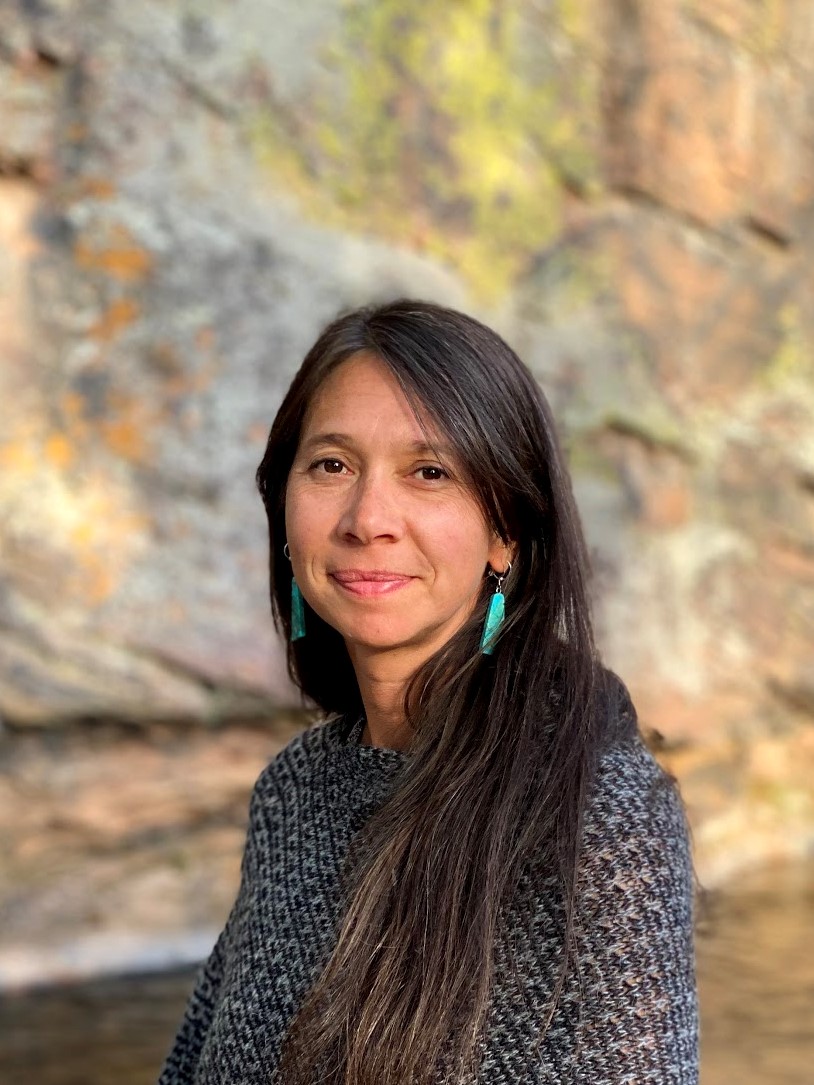
Katie Jones, a Plant Ecologist and enrolled member of the Blackfeet (Amskapi Piikani) Nation, is deeply committed to fostering intercultural research and community-led conservation initiatives. As an Indigenous woman and a Western-trained scientist, she works to uplift community voices for ethical, co-produced science, braiding Indigenous knowledge with Western scientific methodologies. In prior roles as a Staff Scientist with the National Ecological Observatory Network (NEON) and Program Lead for the Rising Voices Center for Indigenous and Earth Sciences, Katie collaborated to support climate resilience planning in Tribal communities and to increase cultural awareness across a continental-scale research network. Her work focuses on climate change impacts on ecosystems, community-led research, and Indigenous data governance practices in open science. Katie holds an MS in Botany and Plant Pathology from Oregon State University and a BS in Environmental Science from The Evergreen State College.
Bwalya Chibwe, Community Engagement Manager
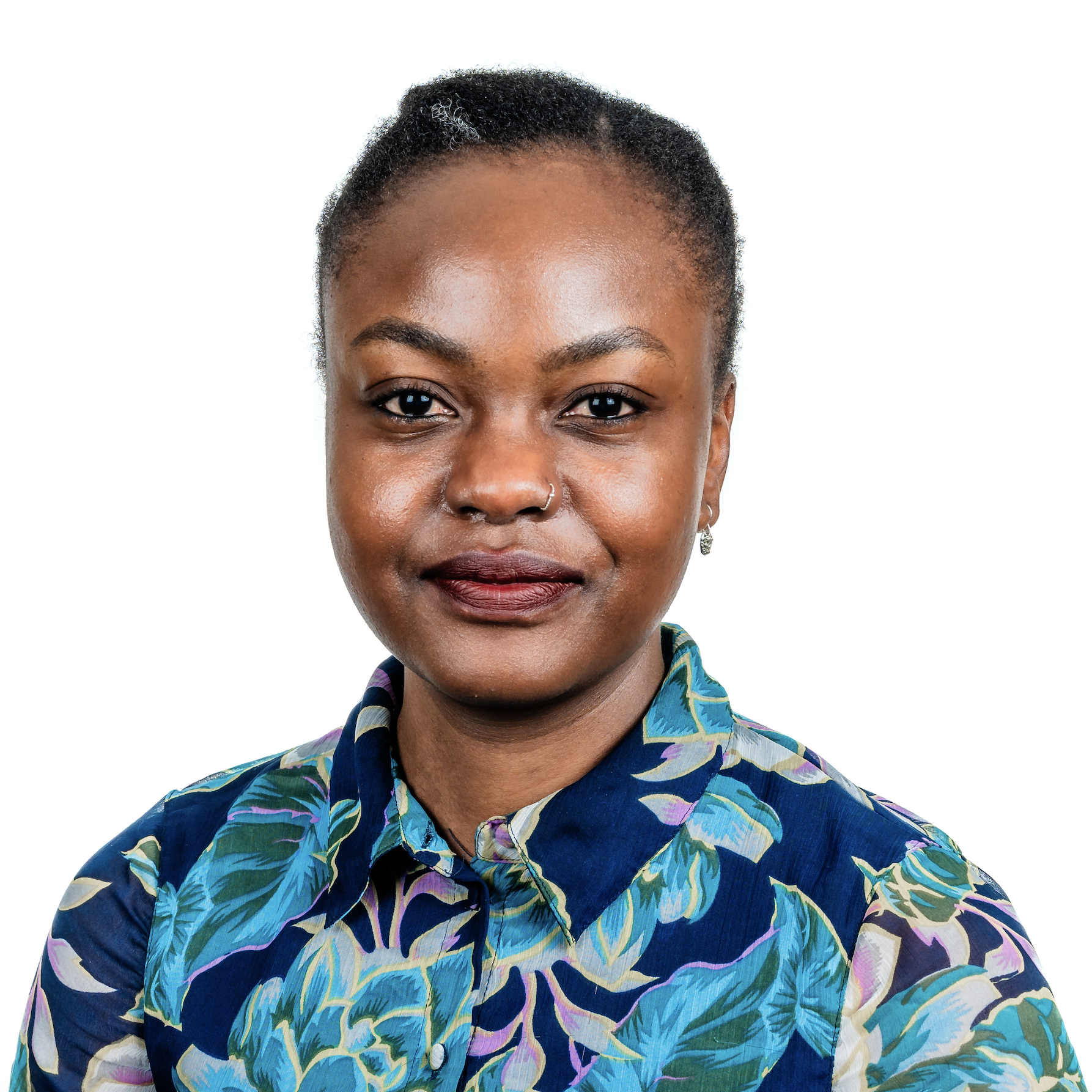
Bwalya Chibwe is from the Chewa, Nsenga, Ngoni, and Ushi tribes of Eastern and Northern Zambia. She deeply values the wisdom and stewardship traditions of Indigenous Peoples and Local Communities. She is a passionate advocate for biocultural conservation solutions that honor both scientific innovation and the ancestral wisdom that has protected Earth’s biodiversity for generations. Bwalya holds a BSc in Ecology from the University of Zambia, an MSc in Applied Conservation Genetics with Wildlife Forensics from the University of Edinburgh, and an MSc in Management of Fish and Wildlife Populations from the Swedish University of Agricultural Sciences. She is currently a Doctoral Researcher in Environmental Science at Linköping University, where her work—grounded in anticolonial theories and approaches—focuses on digital innovation, Indigenous and Local Knowledge, and conservation practice. With over a decade of experience in conservation practice, research, and education, Bwalya has worked with both local and international organizations, including the University of Zambia, the Stockholm Resilience Centre, the CITES Secretariat, and Linköping University. She also mentors early-career professionals through programs such as the Wildlife Conservation Network’s Rising Wildlife Leaders Career Program and the Mitt Livs Chans Mentorship Program. Bwalya’s expertise spans ecology, conservation science, environmental crime research, stakeholder engagement, and program management.
Ann Pace, Executive Director & Co-Founder
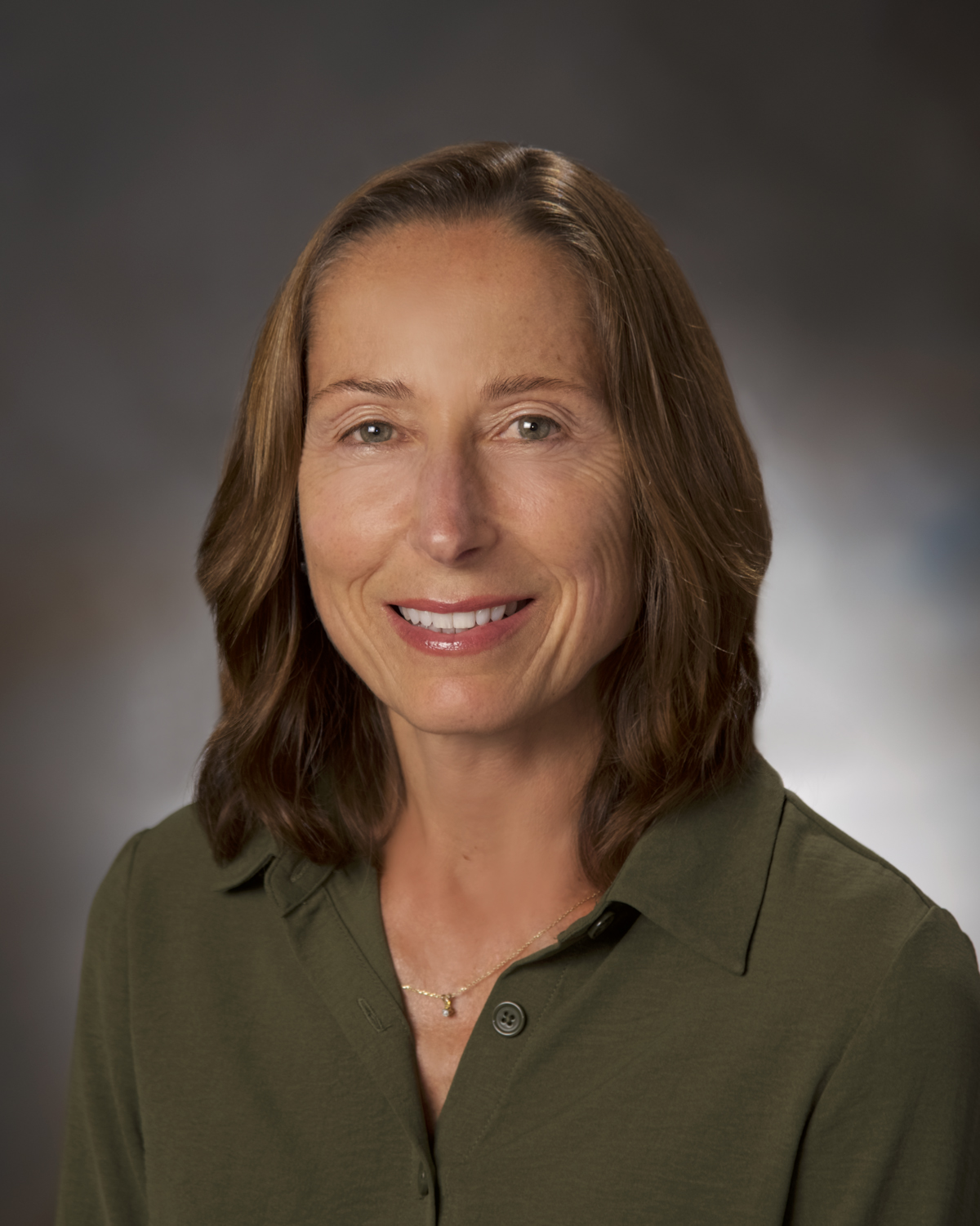
Ann Pace is a scientific research organizational leader. Ann started her career as a pharmaceutical scientist at Pfizer Central Research in Connecticut, working on dosage form development. Her Ph.D. in Cellular and Molecular Pharmacology at UC San Francisco focussed on studying how specific genetic changes lead to tumor growth. She performed research in signal transduction using functional genomics approaches as an NIH postdoctoral scholar at Stanford University. Ann went on to work in gene discovery, sequencing and bioinformatic analysis at a Silicon Valley biotech firm before returning to academia to help start and lead several new endeavors at UC Santa Cruz including the Center for Biomolecular Science and Engineering (CBSE), the California Institute for Quantitative Biosciences (QB3), the Institute for the Biology of Stem Cells (IBSC), and the Genomics Institute (GI).
Lastly, we commend the IUCN for helping participants offset the carbon emissions associated with traveling to Abu Dhabi when registering for the Congress.
See below for the verified carbon offsetting projects that Wise Ancestors’ team members are supporting thanks to the IUCN’s Carbon Offsetting Policy:
- Chyulu Hills REDD+ Project - The Chyulu Hills REDD+ Project conserves about 410,000 hectares of Kenya's Chyulu Hills, reducing deforestation and supporting local communities. Learn more here.
- Ejido Petcacab y Polinkín - Located in Mexico’s Yucatán Peninsula, the Petcacab and Polinkin Ejido exemplifies community forest management. Learn more here.
- Ejido Xbonil Forest - Located in Calakmul, Campeche, the Ejido Xbonil Project protects over 12,000 hectares of tropical forest. Learn more here.
Whether or not you’ll be at the IUCN Congress 2025, we are always open for collaboration. Please learn how you can engage with Wise Ancestors here.
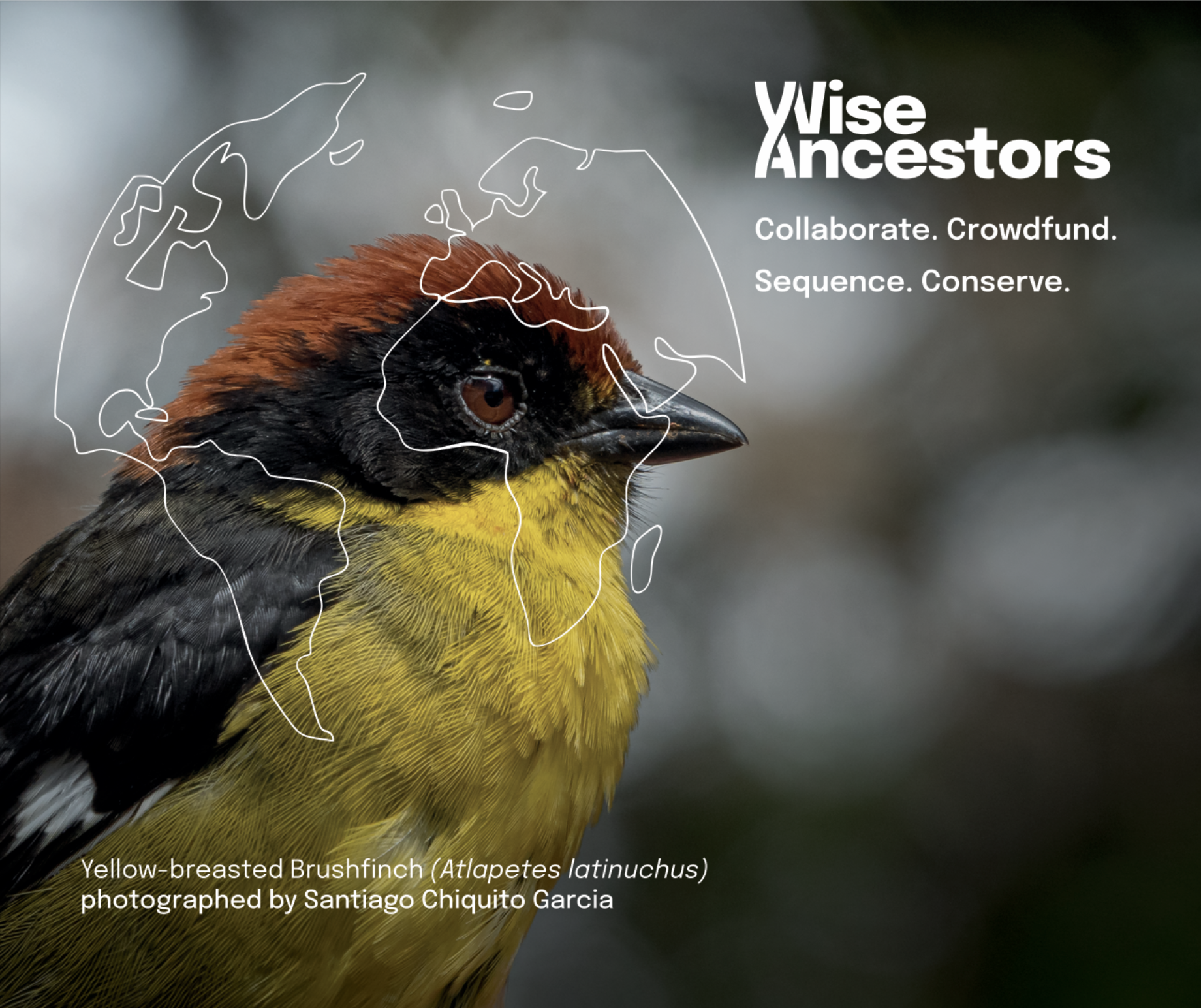

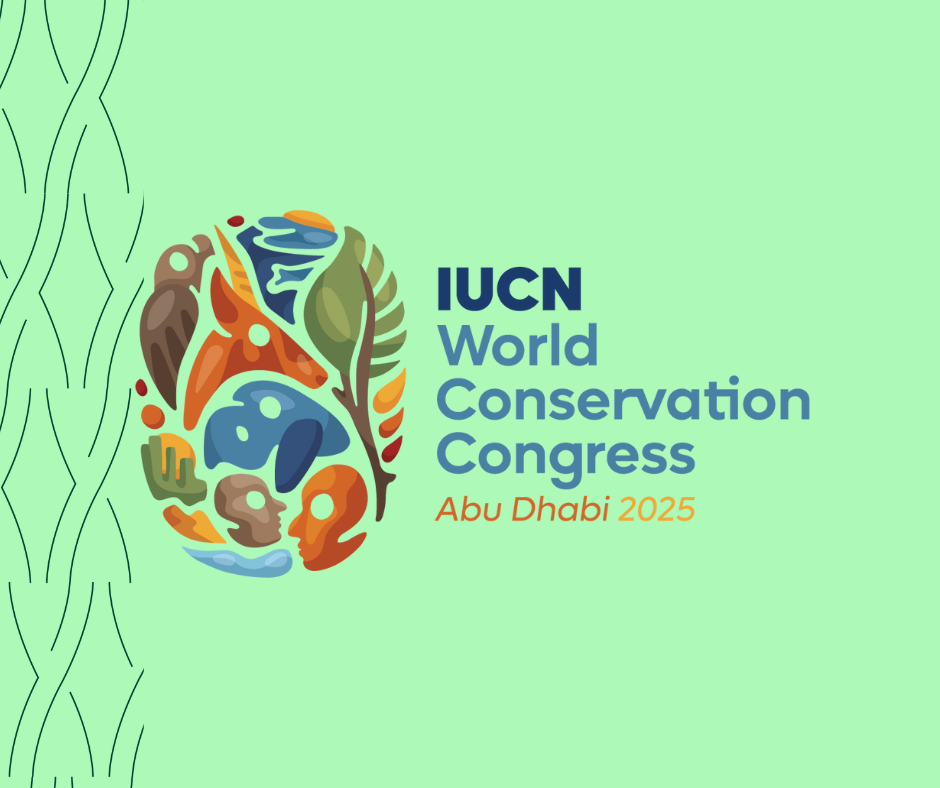
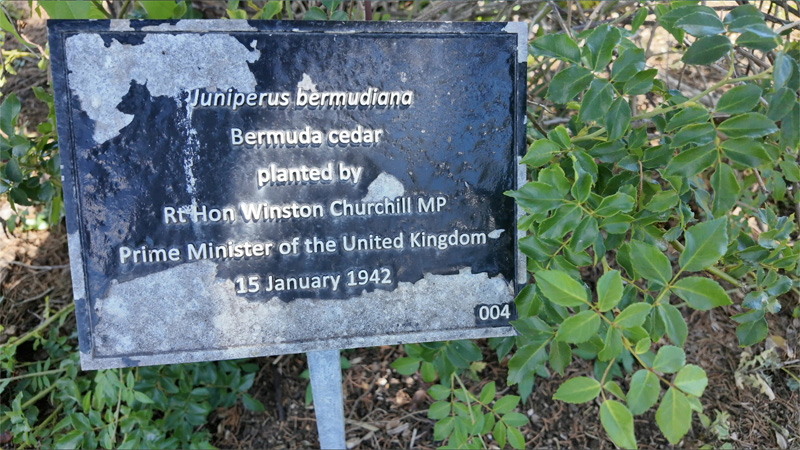
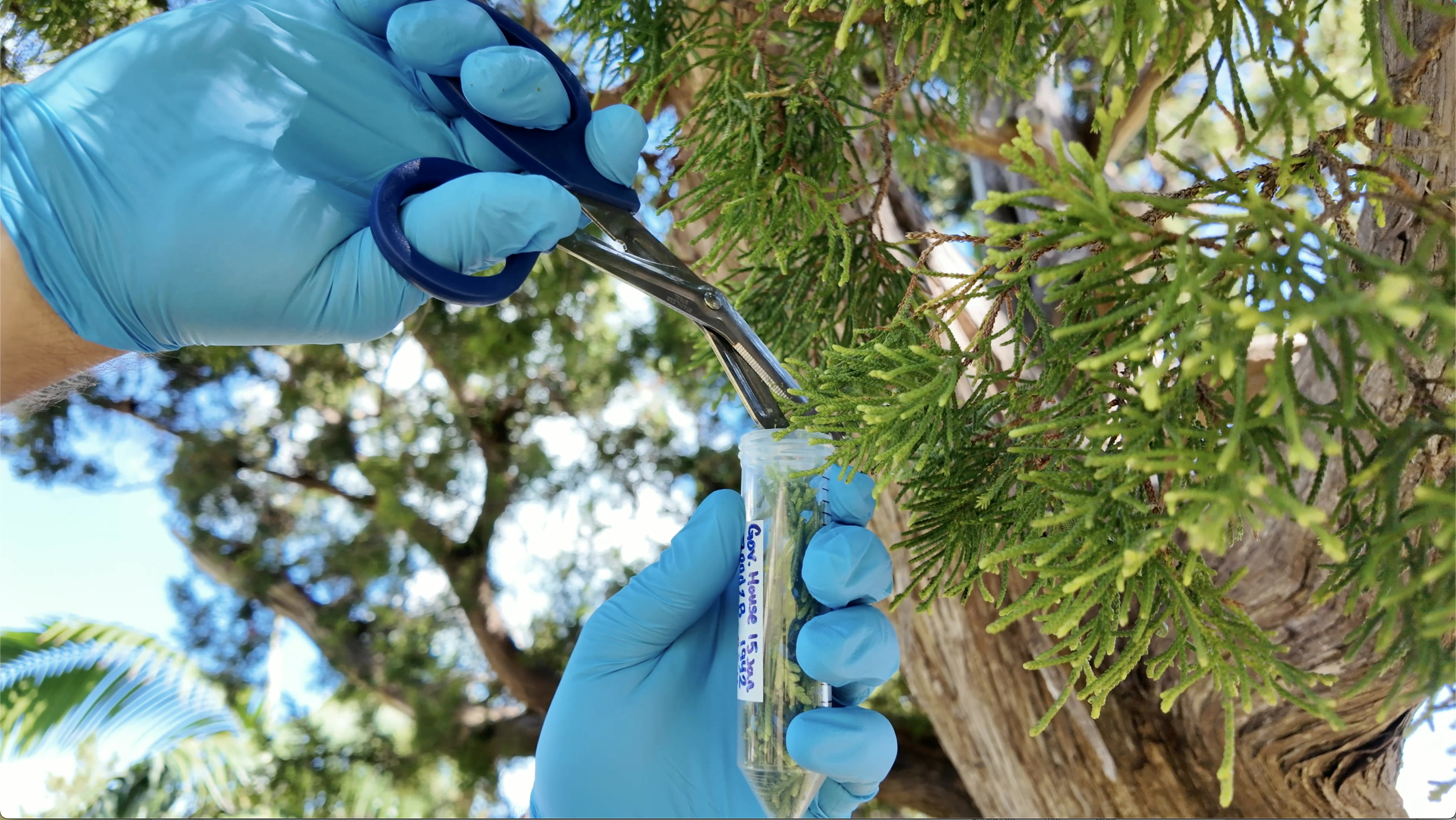
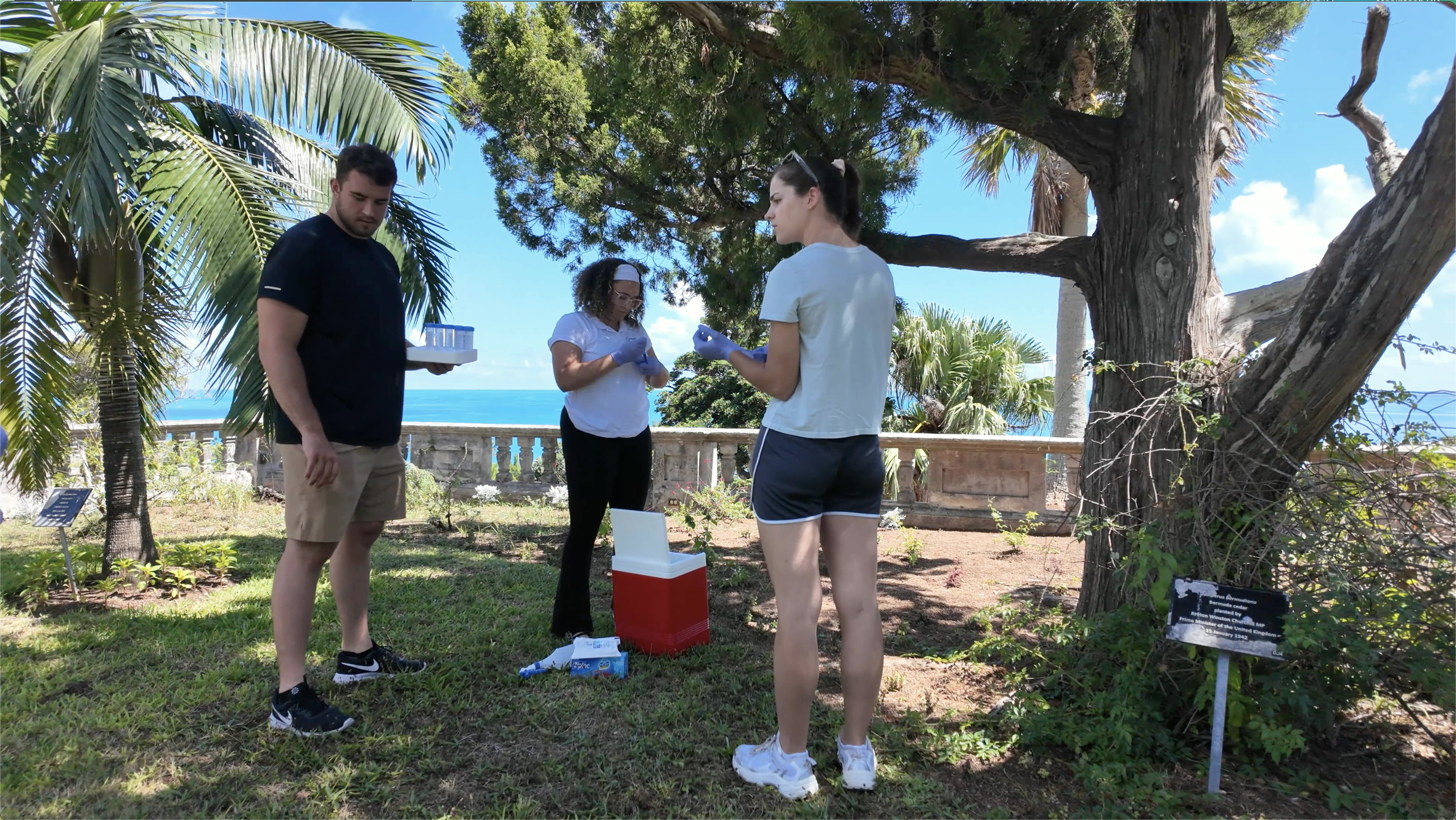
.jpg)
